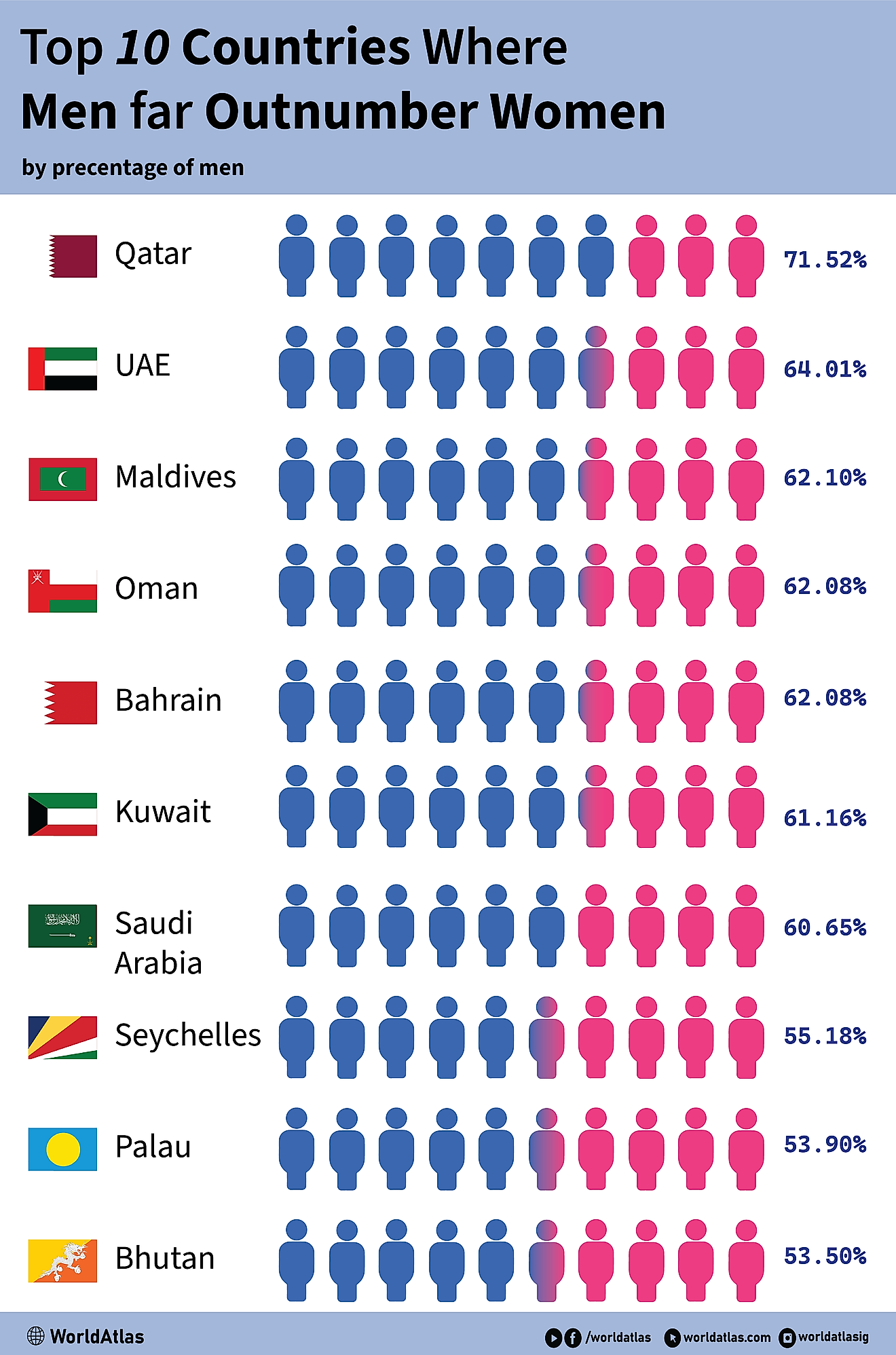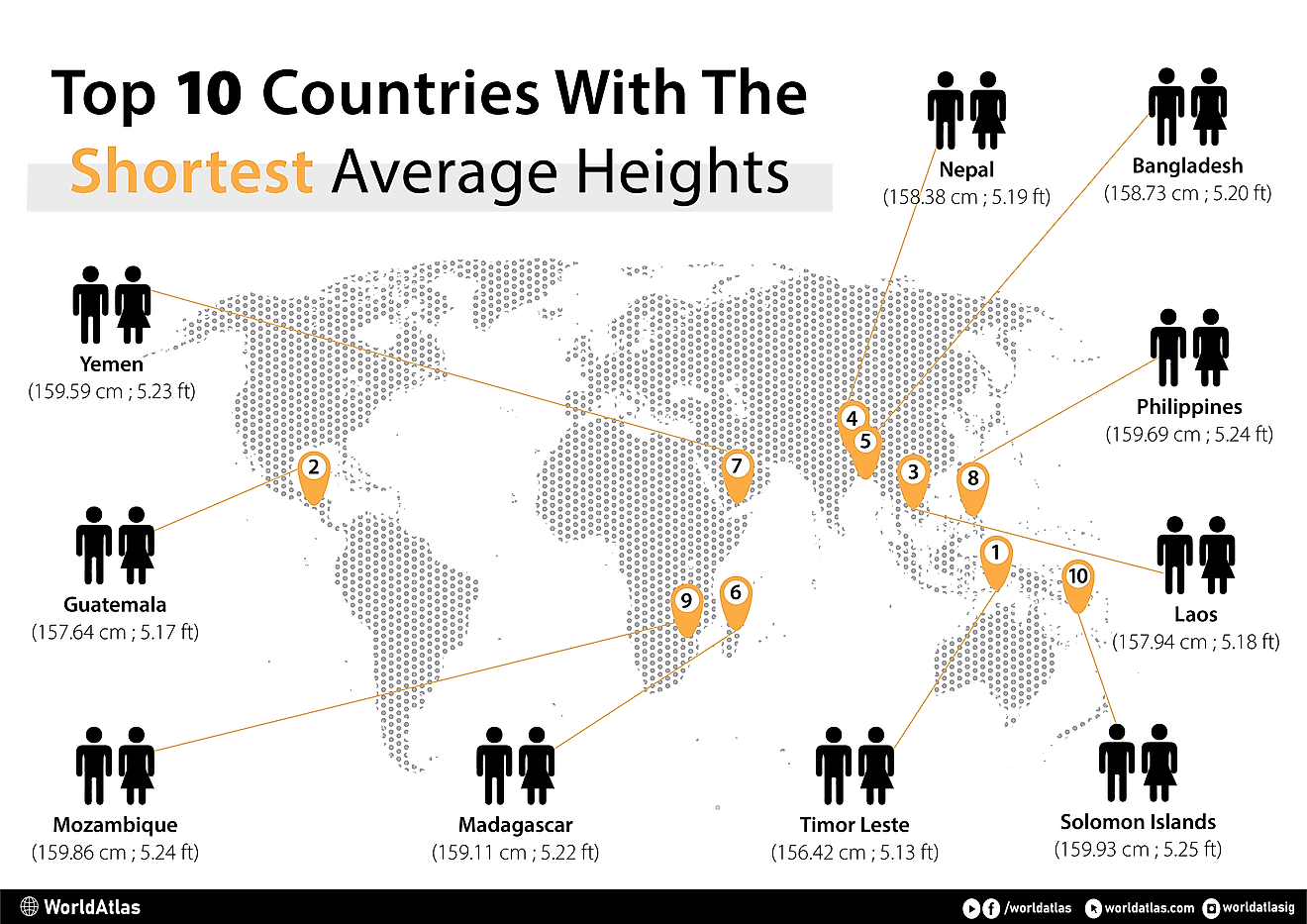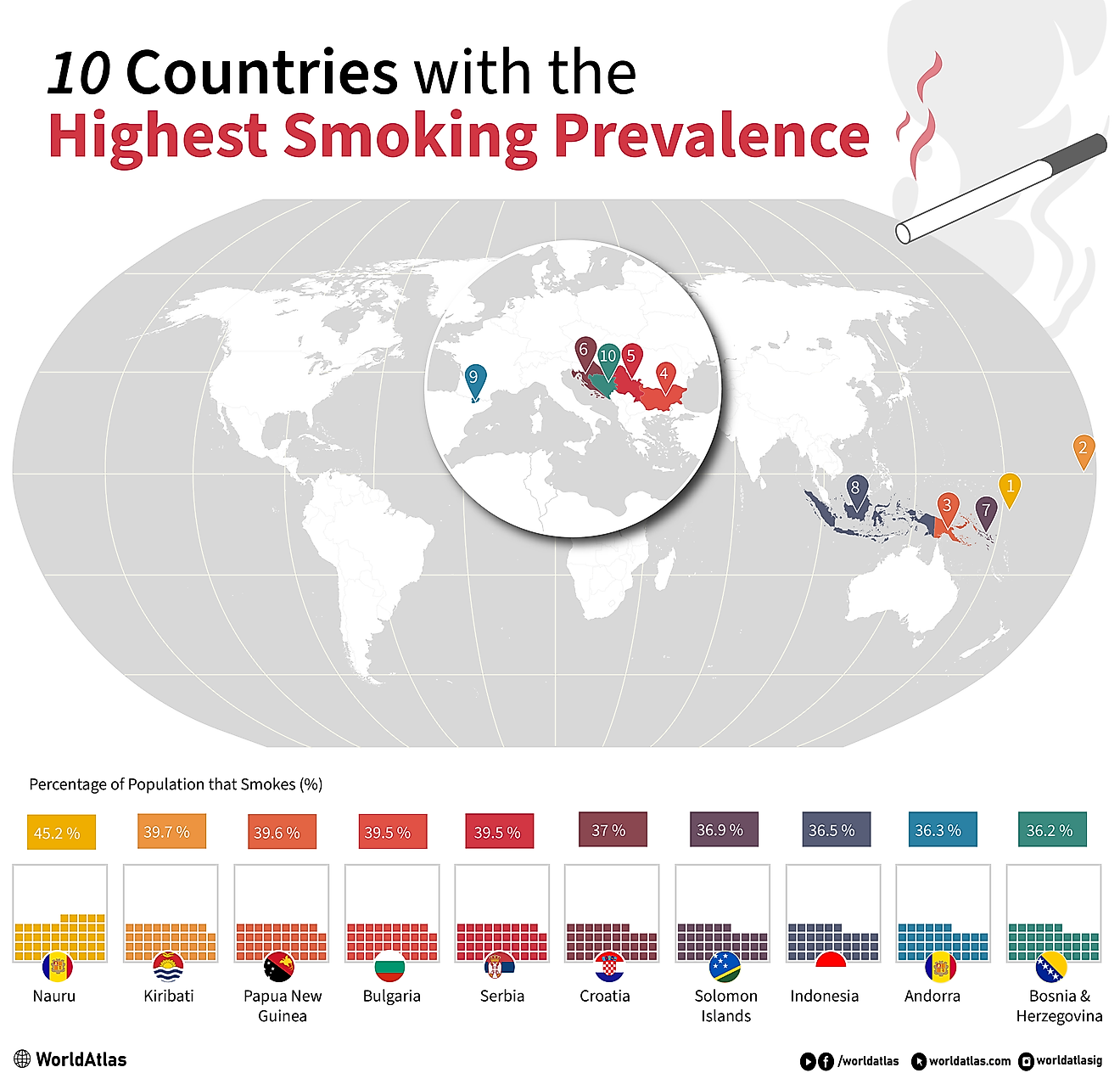Hoahaoism (Dao Hoa Hao)

5. History, Sacred Texts, and Overview of Beliefs
Hoahaoism was founded in southern Vietnam in 1939. Huynh Phu So, the founder, based this belief on principles of Buddhism. Believers consider Huynh Phu So to be a prophet and destined to protect Vietnam and save humans from suffering. This belief system was promoted by So during the time of French colonialism in the country; he promoted the idea of Vietnamese nationalism which was unpopular with French authorities. According to stories, So was placed in a mental institution for his ideas where he converted his doctor to Hoahaoism.
This religion gained popularity with the masses because it was focused on indigenous farmers, those considered lower class by the French colonialists. In Buddhism, oftentimes, the practice is centered on attending temple, worshipping within the temple, and receiving blessings from the Buddhist clergy. So came along with his ideology that Buddhism could be practiced in the home or on farms which allowed peasants to become involved in the religion. His teachings focused on providing assistance to the poor rather than partaking in expensive rituals. The practices were encouraged to be simplistic in nature, to avoid the cost of elaborate ceremonies, and to use the money saved to help those in need.
4. Global Presence and Notable Practitioners
Today, approximately 2 million people follow this faith and in several provinces around the Mekong River Delta, where Hoahaoism was established, nearly 90% of the population claim to practice this sect of Buddhism. Where the concentration of Hoahaoism is strongest, many followers have, in the past, been elected to local government seats. For a brief time, the religion was given something of a political voice.
3. Development and Spread of the Faith
During the communist regime, Hoa Hao were persecuted by the anti-religion government. Those problems have continued today and some individuals have left the country in search of religious freedom. Many Vietnamese Hoa Hao Buddhists have immigrated to California in the United States. With this spread have come some converts to the religion, people looking for something outside of the lines of typical western religions.
2. Challenges and Controversies
The Vietnamese government continues to formally recognized this religion although practitioners have reported abuses. In 2005, two followers committed suicide as an act of sacrifice for the cause of the religion and to protest the imprisonment of their religious leaders. The government placed 9 Buddhists in prison in 2007 for causing public disorder. Four of those individuals were protesting the arrest of other Hoa Hao Buddhists in 2006. Many followers of this religion refuse to affiliate with the government committee that is in charge of overseeing all activities of Hoahaoism. This refusal to be involved with government mandates and administration is the cause of significant problems for Hoa Hao Buddhists. The government has also prohibited celebrating the founder’s birthday and destroyed important religious texts.
1. Future Prospects
Many followers of this religion have moved to the US where they can freely practice their celebrations and holidays. Therefore, it is not likely that the number of followers will decrease in that country. However, as continued religious prosecution takes place in Vietnam, more Hoa Hao individuals may end up in jail or worse which does not bode well for the religion’s future in that country.











